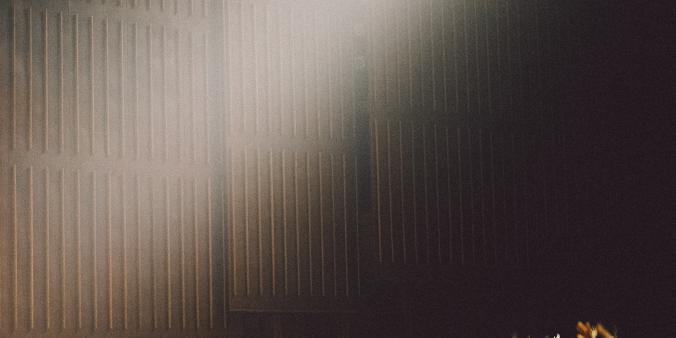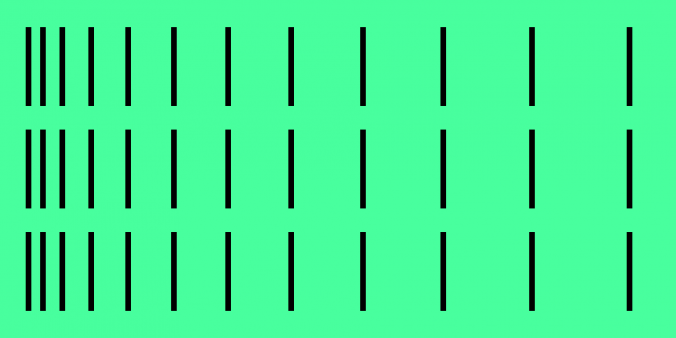
Are you employed here? Do you invoice your services, sell your work or receive payment for it here? Everyone who receives income or does business in the Netherlands has an obligation to the Dutch tax authorities and/or to the tax authorities in their homeland. This usually involves income tax and – in some cases – VAT, or Value Added Tax (called BTW, or turnover tax in the Netherlands). Filling out tax forms can be complicated due to bilateral treaties and varying rules and regulations in other countries.
The DutchCulture Infopoint can give you advice on working with a Dutch partner in the Netherlands as an artist, performer or specialist in the cultural sector. On this page you will find links to relevant sources of information provided by the Dutch Tax and Customs Administration and other organisations.
This page contains general information only, as not all regulations and personal situations fit within a single framework. And the regulations also often change. So always check the advice you have been given, for instance by calling the appropriate agency. Many agencies, including the tax authorities, will only speak with you in Dutch. It is therefore advisable to ask a Dutch partner for help in this regard.
Preparing your tax return
Like everything else that involves complicated rules and regulations, taxes require a careful approach. It is advisable to obtain information about the conditions and regulations that will apply to your situation in advance. In many cases, you can find this out through the Dutch tax authorities or through the International Trade department of the Dutch Chamber of Commerce.
Always have your tax return checked by someone else (for instance a tax consultant) and contact the Dutch Tax and Customs Administration if you have questions about your tax affairs.
There are a number of Dutch tax consultancies that are specialised in the cultural sector, such as Stichting ASK in Amsterdam, Beeldrijk in Arnhem and All Arts in Rotterdam. This last consultancy also draws up the tax table for artists for the Dutch tax authorities each year.
VAT
Entrepreneurs (which includes the self-employed) in the European Union usually owe Value Added Tax on income from their work. Like many tax laws, the Dutch VAT regulations are a complicated hotchpotch. Some types of artistic expressions are subject to VAT, while others (such as those that are entirely funded by subsidies) are not. On top of that, there are different rates for VAT. There are also categories that the Dutch law exempts from VAT, such as education and journalism.
When the work takes place outside of the Netherlands or comes from outside of the Netherlands, the VAT obligation can be ‘reverse charged’. All of this may differ from case to case. The obligation to pay VAT is not limited to the European Union, by the way; many countries outside the EU also levy Value Added Tax. It is therefore always important to make sure you are well-informed in advance. You can find more information about Dutch VAT regulations on the website of the Dutch Tax and Customs Administration.
Treaties
Netherlands has tax treaties with a number of countries. In many cases this means that the taxes you pay in one of the countries are deductible from the taxes you owe in another country, or that you are exempt from paying certain taxes. Here you can find an overview of the countries with which the Netherlands has a treaty. Very many matters in the EU are centrally regulated, but taxes differ in each country, and some countries have signed bilateral tax treaties. For information about existing tax treaties between specific European countries, go to the website of Your Europe.
In all of its treaties, the Netherlands waives its right to tax the income of foreign artists and sporters in short term contracts (shorter than 3 months). Nationally this is known as the 'artists and sporters regulation.'
When a Dutch organisation or private person hires a foreign artist or professional sporter for a period of 'roughly three months or shorter', and this artist or sporter lives in a country the Netherlands has a tax treaty with, the host does not have to withold income taxes and social security fees from the initial fee. The same counts for groups consisting of at least 70% of members who live in countries the Netherlands has a treaty with.
A flow chart to help determine wether or not you have to withold taxes can be found here (in Dutch.) Needless to say, the host still needs to keep an administration for these performances.
Artists and sporters who do not live in treaty countries can file for a cost refund when they have more than €163 of costs per day. When filed, income taxes are not witheld from these costs. Costs for travel and stay are not covered by this regulation, since the client can already refund these without taxation. It is also possible for the artists or sporters to apply for a tax refund when they file their tax return. But wether or not this is refunded depends from situation to situation. More information and the required forms can be found here (in Dutch.)
Other topics
For an overview of other rules and regulations, see the introductory page.





